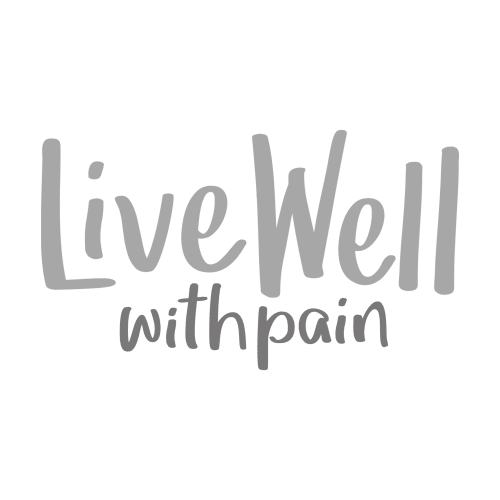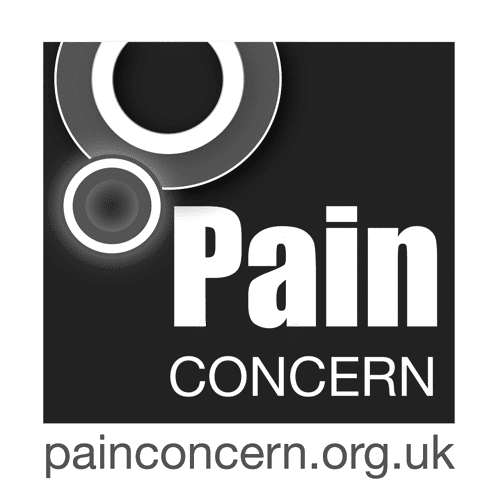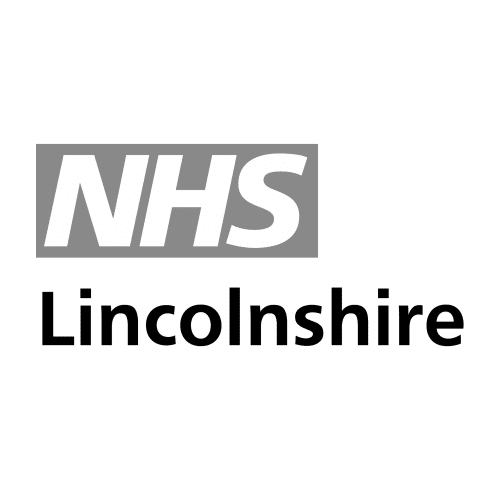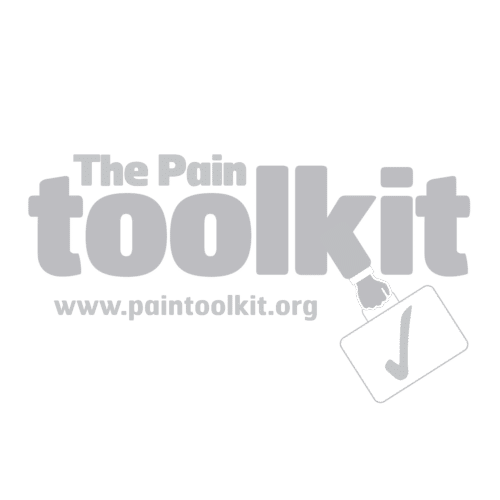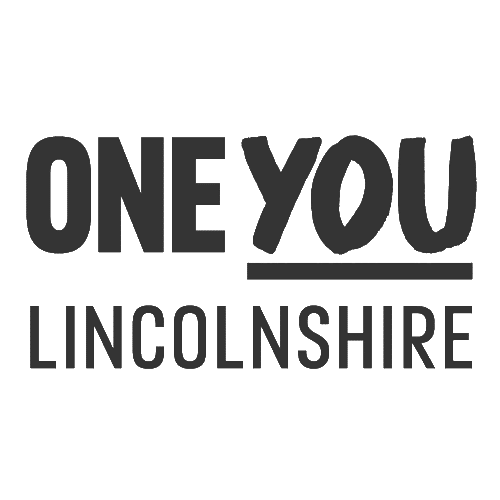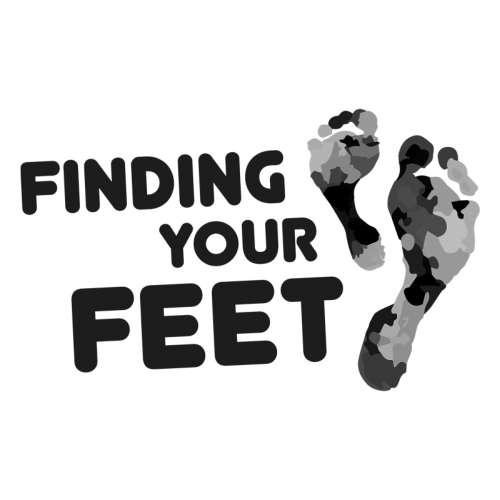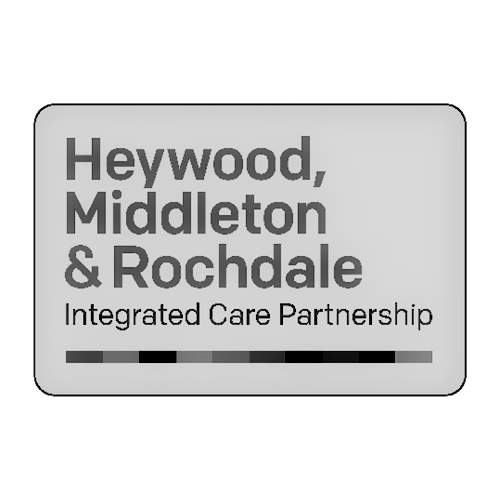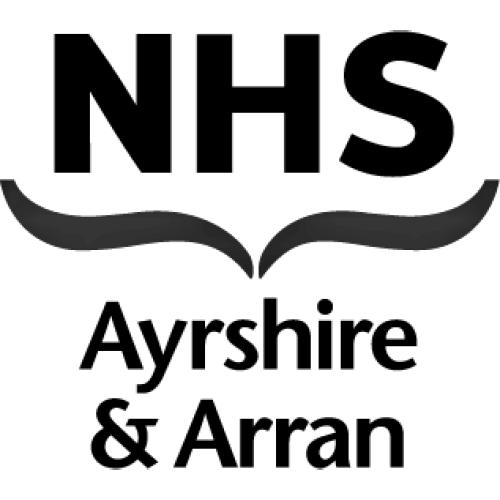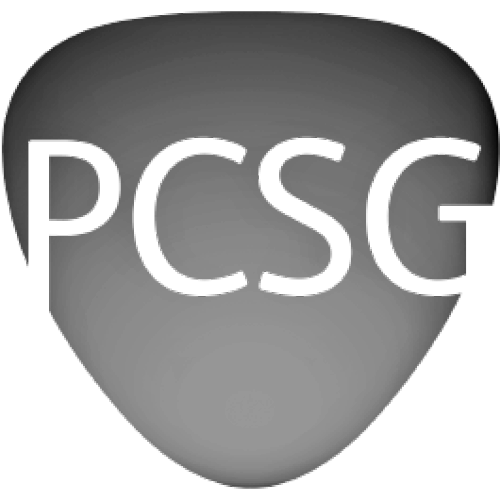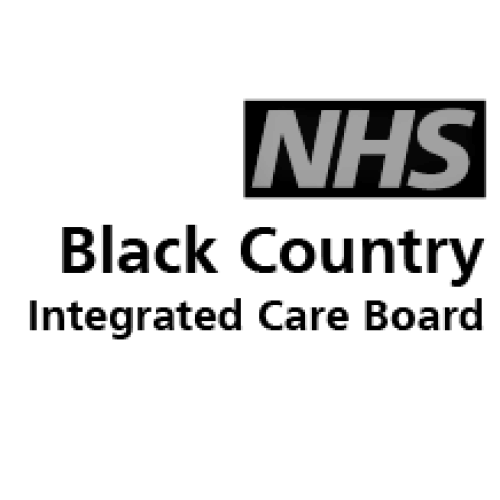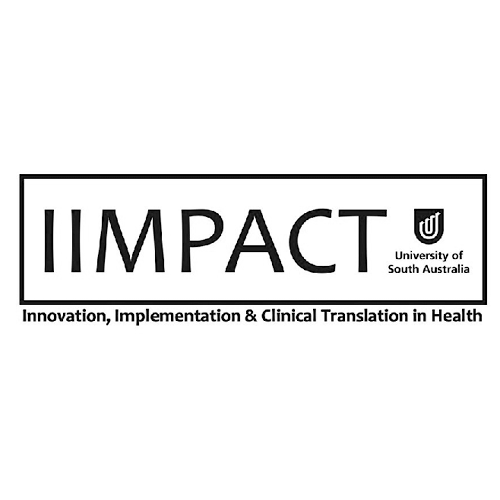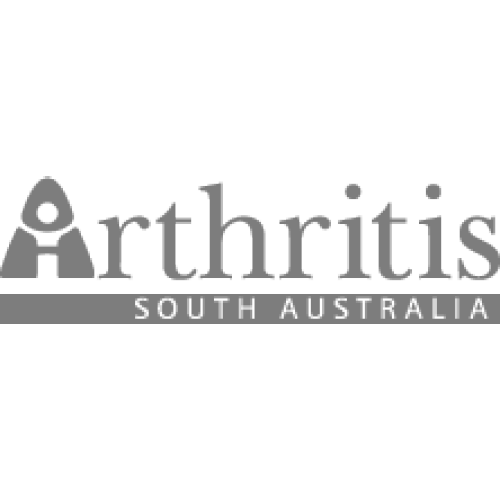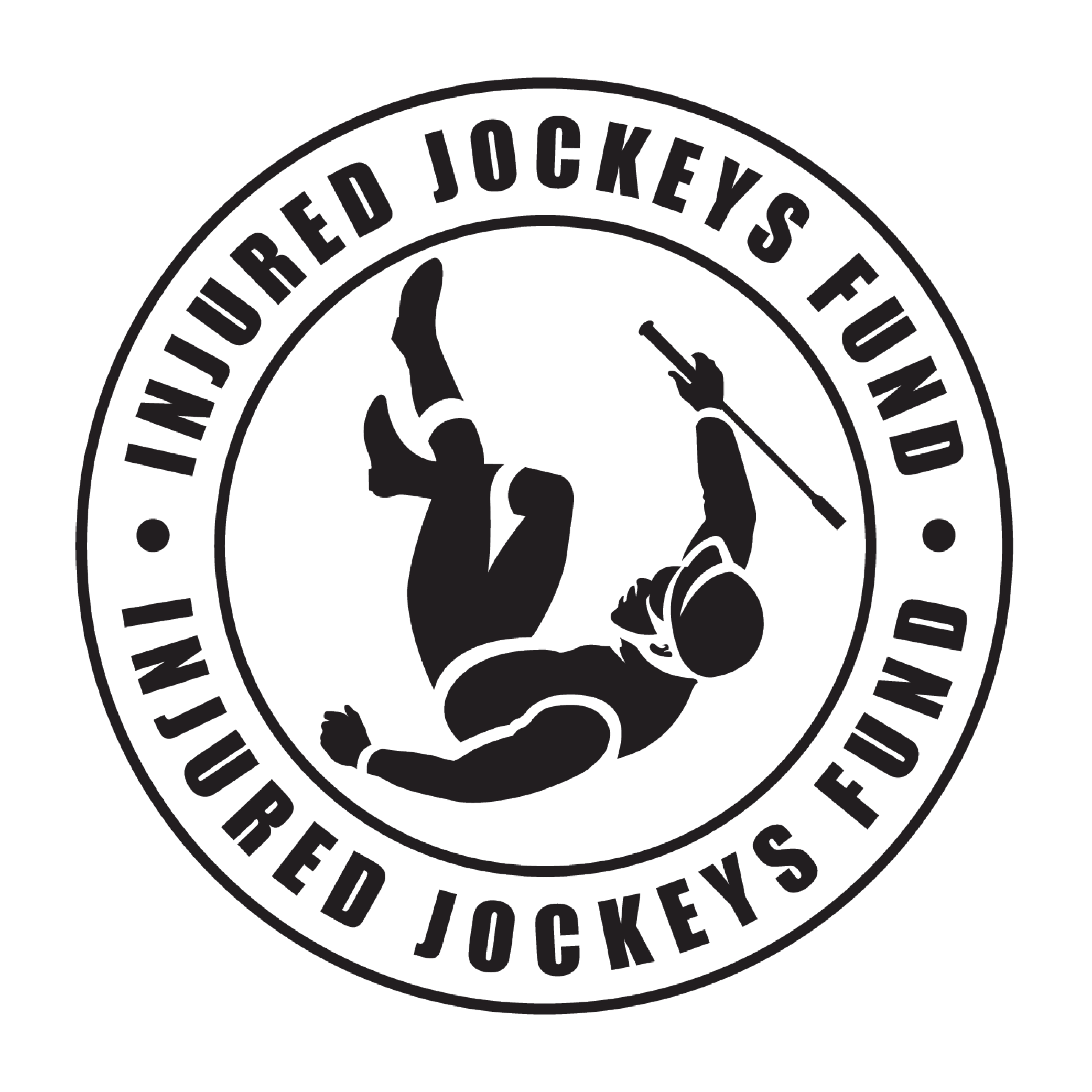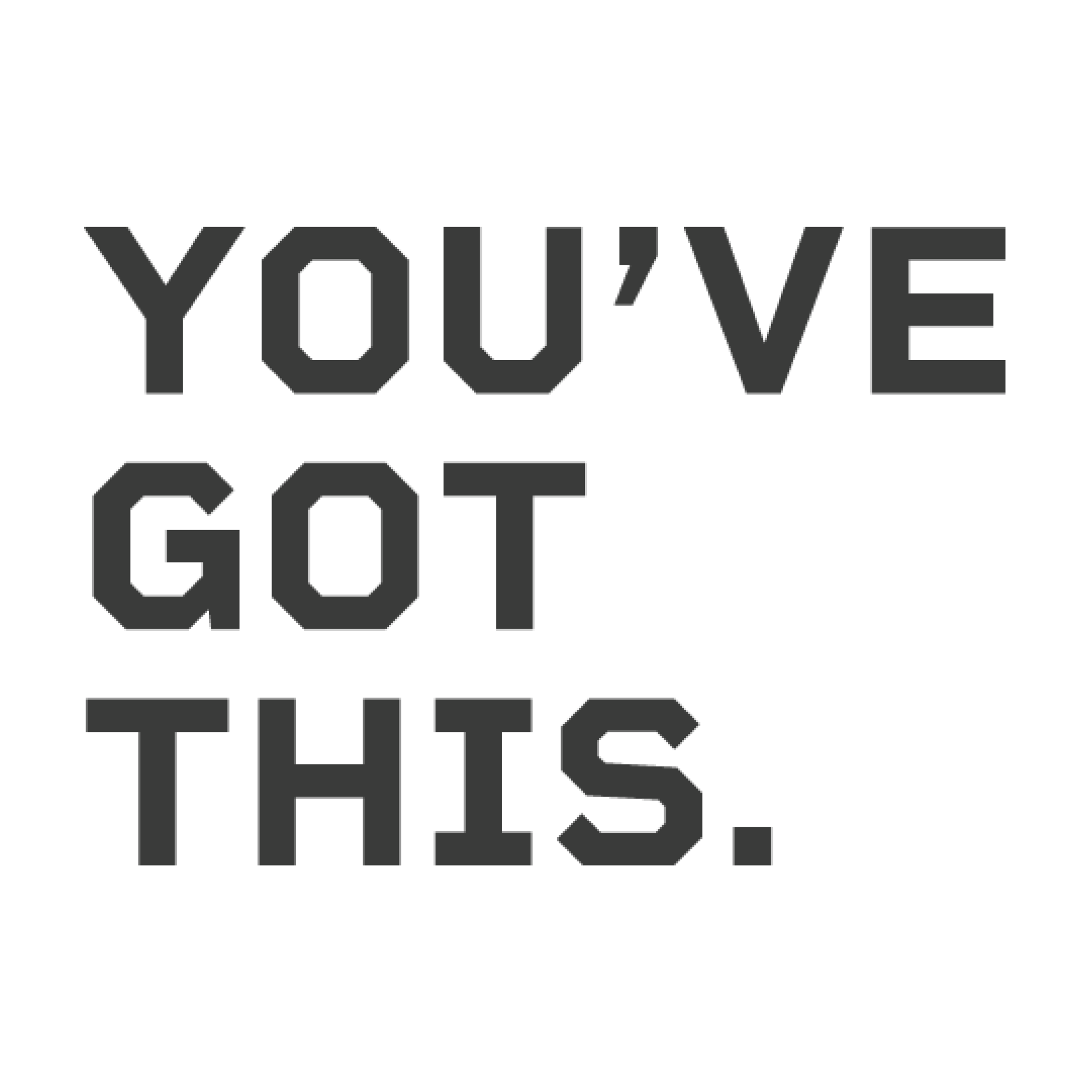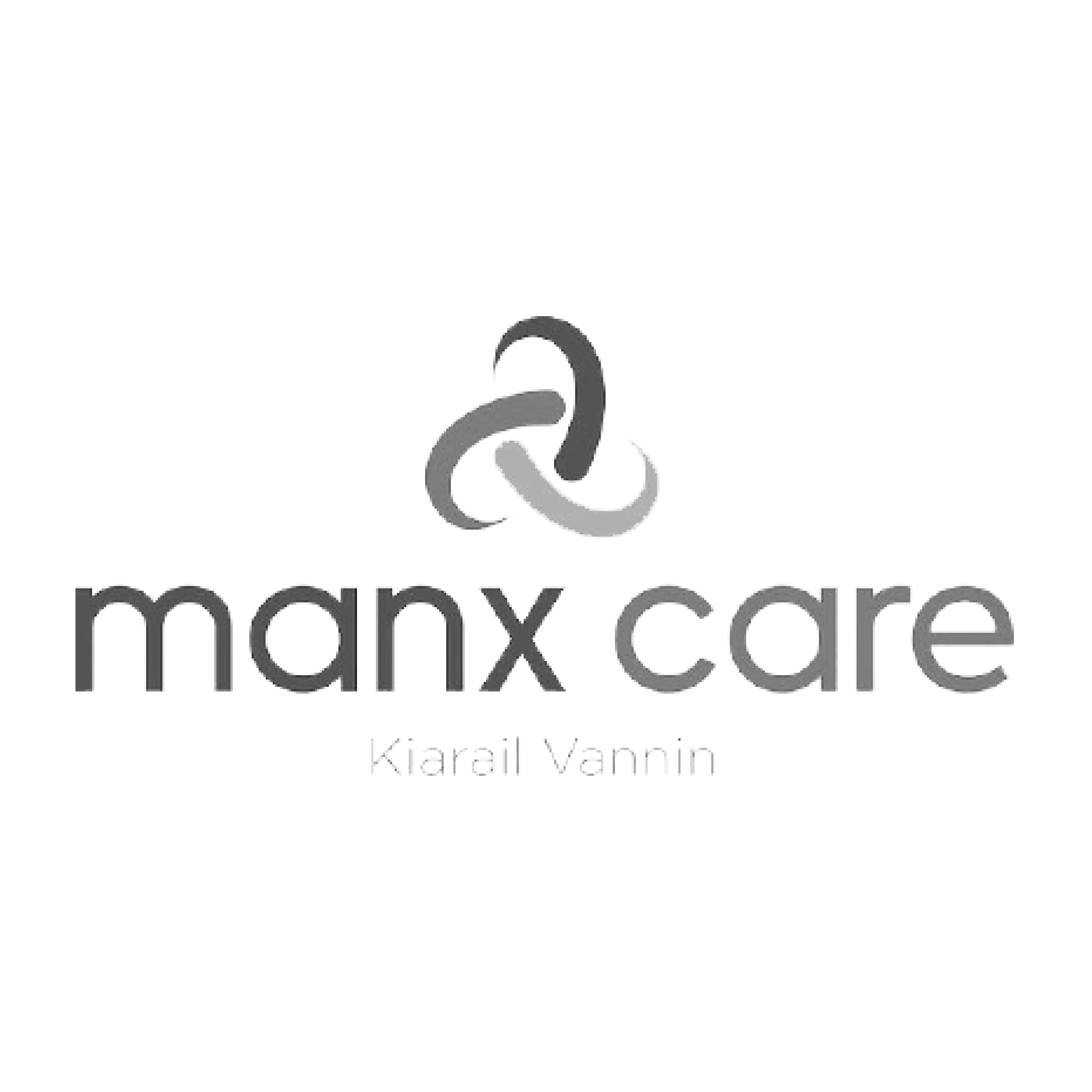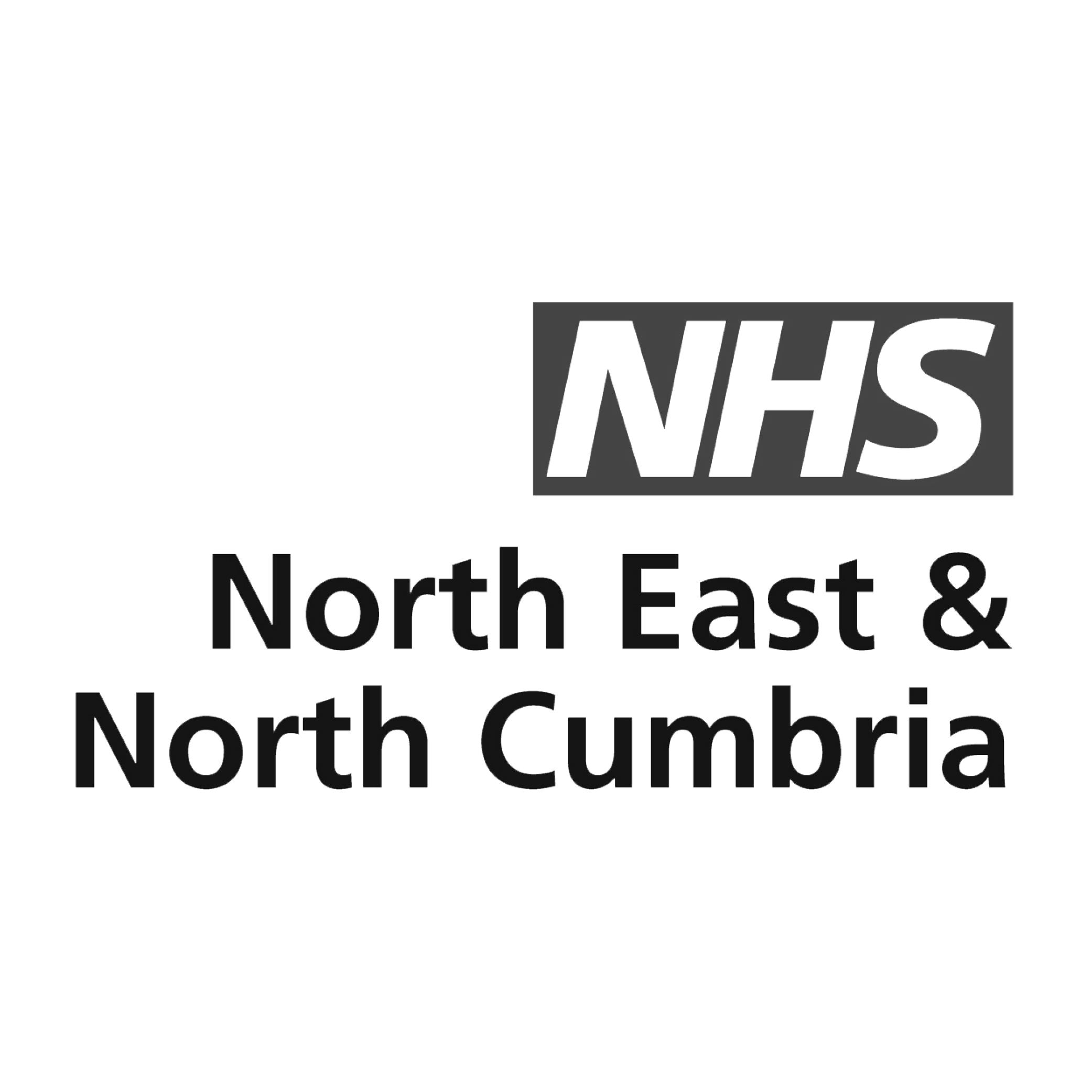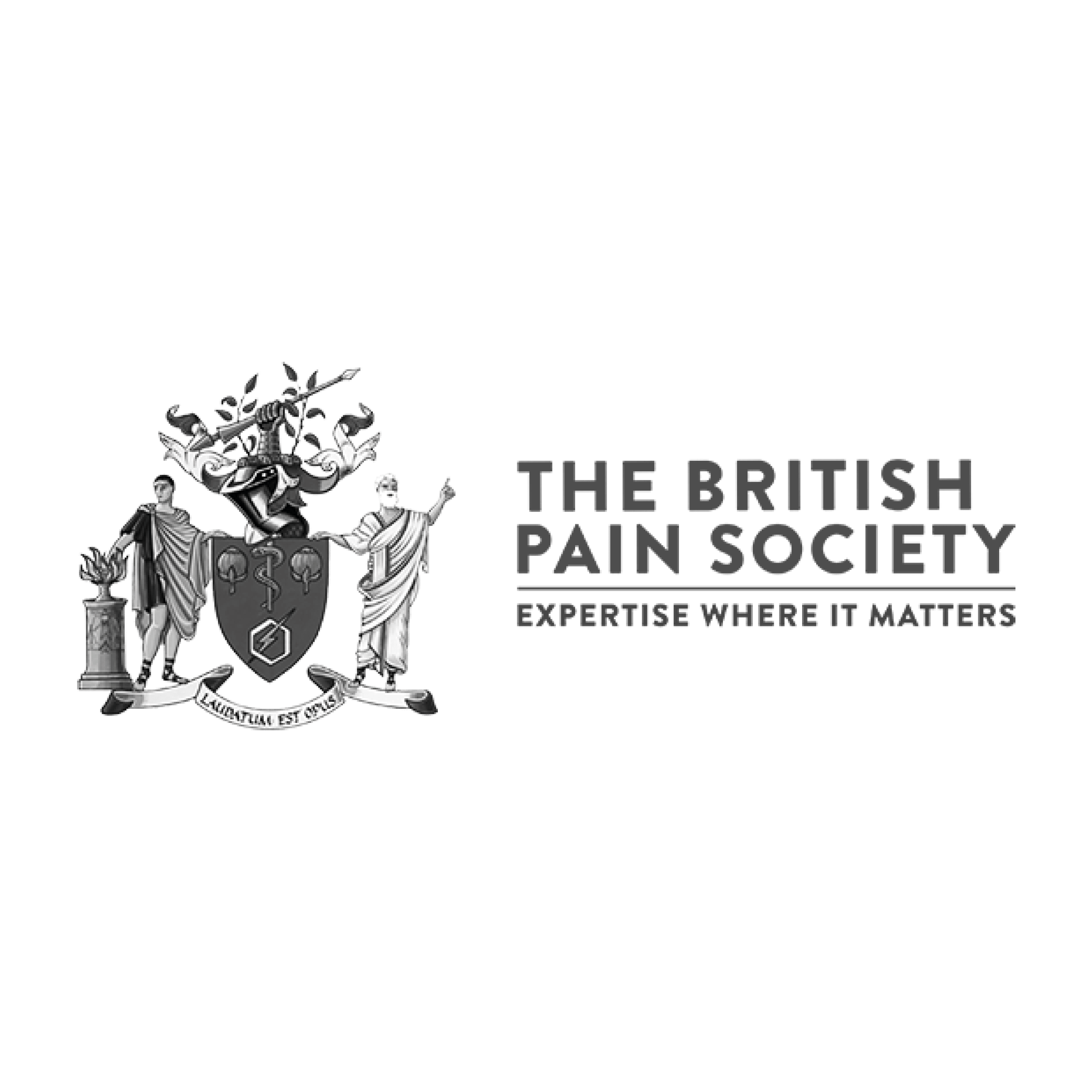Victoria tells us how mild neck pain after a car accident that just never went away progressed into all-consuming pain that left her feeling isolated, helpless and even suicidal.
In 2012, I was driving round a roundabout when someone hit me from the side. 
It wasn’t a big accident and although I felt immediate neck pain, it wasn’t that severe. At the time I was actually more annoyed about my car than anything else. From then though my neck pain didn’t really go away. I went to my GP who diagnosed whiplash and told me to rest and that it would settle over time. Over the next months, I tried periods of rest and periods of exercise but it just wasn’t budging. In fact, it got worse and started to really interfere with my life. The doctor started me on some painkillers, I had no idea what a slippery slope that would be! Years went by and whilst the tablets initially gave me some relief the pain never went away completely. In fact, over time it got worse. At one point I was on over 20 tablets a day.
That amount of medication obviously comes with side effects and really makes you feel quite
queasy and dozy and ‘out of it’. I started doing less because I thought anything I was did was triggering the pain. I was in this vicious pain cycle.
Pain was consuming my life and because I was trying to protect myself, I was doing less and less.
I tried so many different treatments. Different physios, chiropractors and changing my diet. I tried things for as long as I could and really stuck at them. I spent a lot of my money on trying to help the pain, but nothing was working.
I was terrified of going in the car with my husband in case anything happened to jerk my neck and I was avoiding anything that could possibly impact me like tripping or falling. I stopped riding horses and I couldn’t go for a short dog walk.
There were days when I would just sit down on the side of the road and cry.
I’d avoid going out and seeing people because I didn’t want to sit in a pub and try to talk to people, pain stripped me of everything. Baking was the only thing I managed to hold on to. I used it as therapy, as escapism. I still had pain doing it and it was physically exhausting, but I was able to do it.
I wouldn’t say the healthcare professional’s I saw were ‘bad’. They’d tell me things like my muscles were tight and they’d click my neck or give me some acupuncture and it would give me some temporary relief. That made me think they must be onto something and that I must have a really big problem within my neck. Nobody ever touched on the fact that it could be chronic pain and that a different approach may be needed.
I didn’t know at that point that I had chronic pain, or what chronic pain was.
I was convinced that something must have physically happened to my spine in that car accident that was causing my pain to persist. I was constantly looking for answers.
I’d had multiple scans, of my brain, my back and neck, my pelvis, and every time I was hoping something would show up and provide me with an answer, but it never did. That was obviously good news, but always left me thinking, “what next?” Having scans that were ‘clear’ or ‘normal’ actually made me feel even more isolated because no one seemed to be able to help me. The lack of support I felt was scary. I was at my lowest and even had suicidal thoughts. In 2018 I sought help then from a physio I knew personally who specialises in pain management. I had actually begun talking to him a couple of years before, but it hadn’t helped at the time, I think I just wasn’t ready. He was trying to get me back into being physically active again, but because it initially aggravated my pain I thought it wasn’t working and didn’t stick with it. He talked me through the scans I’d had and reassured me there was nothing physically wrong with the structure of my neck. I was now at the point where I realised there must be a different explanation for my pain and when I started to think about the different experiences I’d had in life and the things that can feed into pain. With his help I started to understand it a bit more.

I wish I’d stumbled on this information sooner!
I started to understand pain and how it works, how the brain and the nervous system become over-sensitised and the multiple factors that can affect it. Now even if I’m exercising and it’s painful, I know I’m not necessarily doing any harm to myself.
With reassurance and pacing over months and months, I saw incremental improvements. Through building up regular gym sessions with my physio as a support, I was able to get more physically active, my pain levels started to reduce and I got off all my tablets. Once he got me running round a room while we chucked a ball at each other – I would never have put myself in that situation before, but it got me back to running. Pacing myself, learning about pain and my body and support from people around me all made a huge difference. Sometimes it hurt like hell afterwards, but the next time it hurt a little less and the time after, even less again.
I was told I might not be able to have children because of my pain- but we did!
Having children was something my husband and I definitely wanted to do but I knew it would be a huge physical and emotional strain because of pain. After having my son I started to experience pelvic pain so I’ve been on another pain journey – a shorter one than last time but I still had to re-educate myself on the cause of the pain because I’d never had a baby before – I wasn’t sure what was normal!
I still live with pain, but I understand it more now and I have ways to manage it better.
The fact that I’m active helps me a lot – I want to do stuff and get out and about. It’s important for me to be active so the sense of achievement of doing exercise is massive for me. It’s really helped my mental health and my mindset, which I know in turn has a positive effect on my pain. I’m still baking because I love doing it and I’m able to share it with other people. I now blog about my baking and pain, it’s something I can do for myself, which is helpful when it comes to pain but also when it comes to motherhood and lockdown! I believe that you have to be in the right place at the right time mentally to accept pain advice but when you’re ready to make that step I’d urge anyone make sure they talk to someone who understands chronic pain and pain management. I recommend sticking with it, it’s so easy not to! Learning is the key thing. It’s so important to understand how chronic pain works in order to move forward. For me that was the turning point.



